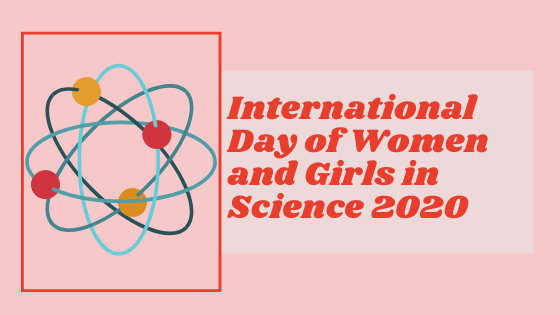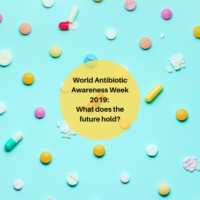As we endured another year of the COVID-19 pandemic, the world of science didn’t stop. We’ve all had our fair share of COVID-19 news, so we thought we’d share our pick of the top science stories from 2021, enjoy!
Malaria vaccine breakthrough

In October, the WHO recommended a groundbreaking new malaria vaccine for use in children. The RTS,S/AS01 (RTS,S) vaccine acts against P. falciparum, the most prevalent malaria strain in Africa. The recommendation is based upon data from a pilot trial that has already distributed over 800,000 vaccine doses to children across Kenya, Malawi, and Ghana since 2019. Further investment and approvals are needed for the wide-scale rollout of the vaccine, nevertheless, it remains a huge step in tackling a major global health issue.
Discover more about recent efforts to combat malaria in our summary of the ‘Malaria in Africa: What’s Next?’ event here
Alarm bells from the latest IPCC report

The latest installment of the Intergovernmental Panel on Climate Change (IPCC) report was published in August, and, in short, it’s not great news. The report show that global surface temperatures have risen faster since 1970 than in any other 50-year period over the last 2,000 years. Also noteworthy is the sobering conclusion that human activity is “very likely” (90%) the main cause of the decline of Arctic sea ice and the global retreat of glaciers. The authors of the report are optimistic, however, that action can be taken to tackle the climate crisis. The adoption of net-zero carbon policies and sticking to the aim of keeping global temperature increases below 1.5C are both crucial to averting the crisis.
Potential melanoma treatment discovered under the sea

A study published in December details a potential melanoma-fighting substance discovered in a sea squirt, found in Antarctica. The naturally occurring compound, palmerolide A, is produced by microbes living in Synoicum adareanum, a sea squirt species that lives in the Anvers Island archipelago. The researchers believe the discovery could signal a huge breakthrough for the development of a naturally-derived melanoma treatment
First new Alzheimers drug in 20 years

In July 2021, the FDA approved the first novel drug to treat Alzheimer’s in 20 years. The medicine, aducanumab, is the first drug that treats the underlying cause of disease, targeting plaques of amyloid beta in the brain. Though the drug is not a miracle cure, it is one step further towards improving the lives of people living with Alzheimer’s, and the approval of a new drug may also help to reinvigorate the research field and increase investment for the development of more therapies
Learn more about Alzheimer’s disease here
Dinosaur embryo fossil discovered in China
What better way to round off this list, and the year, with the discovery of a fossilised dinosaur embryo? Researchers discovered the fossilised egg containing an extremely well-preserved embryo in China. The oviraptorid theropod dates back to the Late Cretaceous period and is so well-preserved that researchers could see how the embryo’s posture resembles that of modern birds in-ovo, suggesting that embryonic “tucking” may have originated in non-avian therapods. Here’s hoping we don’t find ourselves in a real-life remake of Jurassic Park in 2022.
From all of us at Seeking Science, we wish you a happy and healthy New Year!
Want to get a head start on your new year’s resolutions? Why not treat yourself to two weeks of Skillshare premium for FREE and learn some new skills? Click here to find out more!





